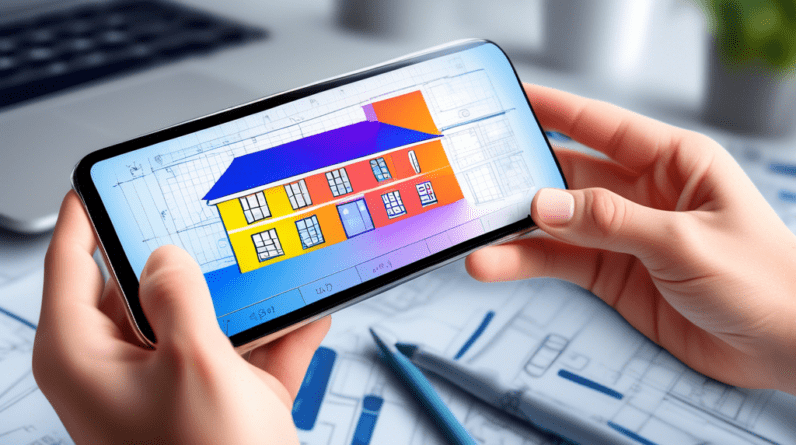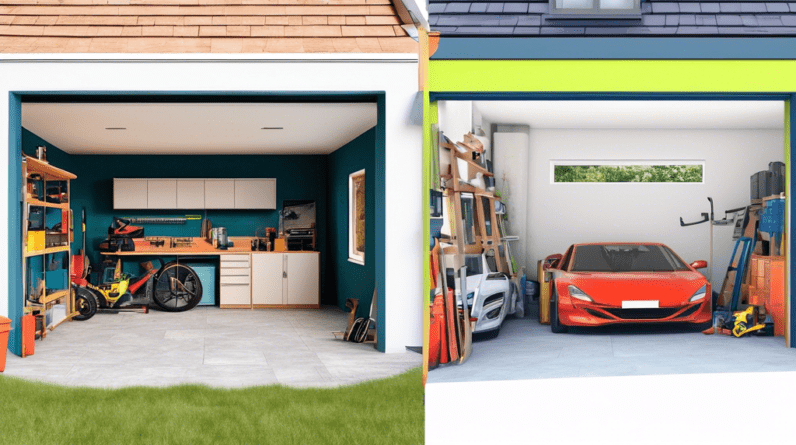
Dreaming of an extra bedroom but don’t want to go through the hassle and expense of a full-blown home addition? A garage conversion might be the perfect solution! Transforming that underutilized space into a comfortable living area can provide numerous benefits, from increased living space to enhanced property value. But before you start picking out paint colors, you’re probably wondering: How much does a garage conversion cost?
Factors Influencing Garage Conversion Costs
Unfortunately, there’s no one-size-fits-all answer when it comes to garage conversion costs. Numerous factors can impact the overall price tag, including:
1. Location, Location, Location
Just like with real estate in general, location plays a significant role in construction costs. Labor and material prices can vary significantly from one region to another. Urban areas or those with a higher cost of living often see higher prices compared to more rural locations.
2. Size Matters
It’s no surprise that a larger garage conversion will generally cost more than converting a smaller space. More square footage means more materials, labor, and potentially more complex structural modifications.
3. Existing Condition
Is your garage a blank slate or in need of some TLC? The current condition of your garage will greatly influence the overall cost. Factors to consider include:
- Foundation: Does the existing foundation need repairs or reinforcement to support a living space?
- Walls and Insulation: Are the walls properly insulated and in good condition, or will they require extensive work?
- Roofing: Is the roof in good shape, or will it need repairs or replacement?
- Electrical and Plumbing: Does your garage have adequate electrical wiring and plumbing for a bedroom? Adding or upgrading these systems can significantly impact costs.
4. Conversion Complexity
A simple garage conversion with minimal structural changes will naturally cost less than a more complex project. Factors that can increase complexity (and cost) include:
- Adding a bathroom: Plumbing and fixture installations can quickly increase the overall budget.
- Installing new windows or doors: Bringing in natural light and creating access points can add up.
- Raising ceiling height: If you desire a more spacious feel, raising the ceiling might be necessary, but it will involve structural changes that add to the cost.
5. Material Choices
From flooring and fixtures to windows and insulation, the materials you choose will impact your overall expenses. Opting for high-end finishes and appliances will naturally result in a higher price tag compared to more budget-friendly alternatives. It’s all about finding the right balance between style, functionality, and your budget.
6. Permitting and Labor
Don’t forget about the less glamorous but essential expenses! Permitting fees vary depending on your location, and labor costs can fluctuate based on the complexity of the project and the availability of qualified contractors in your area.
Breaking Down the Costs:
While it’s impossible to provide an exact estimate without knowing your specific project details, here’s a general breakdown of typical garage conversion costs:
Low-End Conversion (Basic):
For a smaller garage in relatively good condition with minimal modifications, you might be able to get away with a more budget-friendly conversion. This typically involves basic finishes and might not include adding a bathroom.
- Estimated Cost: $5,000 – $15,000
Mid-Range Conversion (Moderate Upgrades):
This range covers conversions that involve some upgrades, such as new insulation, drywall, flooring, and basic fixture installations. You might also opt for mid-range materials and finishes.
- Estimated Cost: $15,000 – $30,000
High-End Conversion (Luxe Living):
If you’re envisioning a luxurious bedroom suite with high-end finishes, a bathroom addition, and potentially structural changes, be prepared for a more substantial investment.
- Estimated Cost: $30,000+
Tips for Controlling Costs
Want to keep your garage conversion project within a reasonable budget? Here are a few cost-saving tips:
- DIY Where Possible: If you’re handy, tackling some tasks yourself (like demolition or painting) can save on labor costs. Just be sure to choose projects within your skill level and consult with professionals for specialized tasks.
- Shop Around for Materials: Compare prices from multiple suppliers to ensure you’re getting the best deals on materials.
- Consider Reclaimed Materials: Using reclaimed wood or other salvaged materials can add character and save money.
- Prioritize Spending: Focus on essential upgrades and splurge on your must-have features while finding cost-effective alternatives for others.
- Get Multiple Quotes: Obtain bids from at least three reputable contractors to compare prices and ensure you’re getting a fair deal. Don’t forget to check references and experience levels.
Is a Garage Conversion Right for You?
A garage conversion can be a fantastic way to add valuable living space to your home, but it’s essential to weigh the pros and cons carefully:
Pros:
- Increased Living Space
- Potential Property Value Boost
- Cost-Effective Compared to Additions
- Versatility (Bedroom, Home Office, Gym, etc.)
Cons:
- Loss of Garage Space
- Permitting and Regulations
- Potential for Unexpected Costs
- Impact on Resale Value (Some buyers prefer garages)
Conclusion
Converting your garage into a bedroom can be a rewarding investment, providing valuable extra space and enhancing your quality of life. By understanding the factors that influence costs and carefully planning your project, you can create a comfortable and stylish new living space while staying within a reasonable budget.






